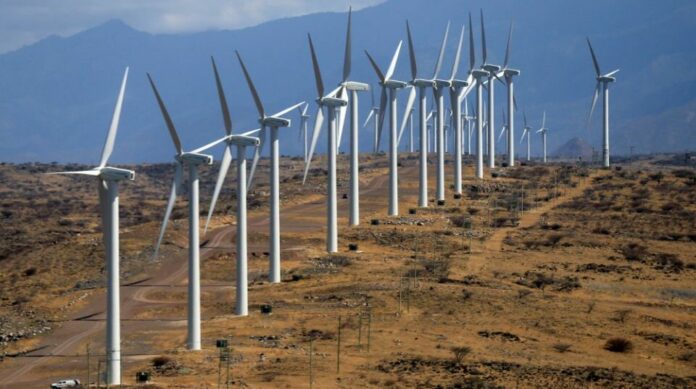Independent Power Producers (IPPs) play a crucial role in Africa’s power generation. IPPs are private companies that develop, finance, construct and operate power generation facilities. IPPs then sell this power in bulk to utility providers – in Kenya’s case Kenya Power. IPPs support a country’s power generation by investing in generation in addition to investments the state undertakes. IRENA reported that 340 IPPs have been operating, are under construction, or have reached financial close in 36 countries in Africa since 2000.
IPPs are crucial in tapping into Africa’s vast reserves of energy and can supplement in markets where there is inadequate infrastructure by the existing state-owned producers. Africa’s technical wind resource potential is more than 59 TW- however capacity from projects under construction and currently installed have tapped only into 0.01% of this potential. In terms of hydropower, Africa has only utilized 11% of its potential; hydropower accounts for 17% of the electricity generated across Africa. Oil and natural gas in Africa account for 38.7% and 29.7% of Africa’s current energy generation mix. With these resources, the development and running of IPPs can accelerate the pace of harnessing these resources for economic development.
Huawei to power Absa’s new branch network digital transformation
The rising electricity demand in Africa is another reason to bank on the development of IPPs. Energy demand in Africa has been increasing at an annual rate of around 3%, the highest among all continents. Despite this, power supply generation continues to lag significantly. In sub-Saharan Africa, as of 2020, the electrification rate stood at 48.4%. The rising demand coupled with unmet electricity demand illustrates that leveraging on IPPs can meet this need. In Kenya KenGen registered the national peak demand for electricity at 2,051 MW, this being recorded in May 2022.
There is increased goodwill from the public and private sectors to engage in investments in electricity. Engagement of the private sector in policy discussions on power and electricity in Africa is essential. In Kenya, the Electricity Sector Association of Kenya (ESAK) has been proactively engaging various energy stakeholders in conversations aimed at demonstrating the value of IPPs to the sector. The Association’s members participate in various forums that advance discussions on electricity policy such as the Africa Energy Forum (AEF), the continent’s largest gathering of policymakers in the energy space. As such, IPPs and their partners are assured that there are bodies that bridge the gap with the public sector not only in advocacy but also in engagement in the betterment of the power generation sector.
Tanasha Never Got Diamond to Visit Her In Nairobi, And This Is Why
Independent power producers offer a gateway to scale up power generation and fulfilling the unmet electricity needs in Africa. This potential is evidenced by the entrance of IPPs in new markets such as Chad and Namibia. With sustained power supply being the bedrock of many industries, investing more in IPPs would be a sure way of ensuring that Africa’s economy runs smoothly and we enjoy the benefits of sustained affordable electricity in our households. ESAK is committed to having a representation of key stakeholders in the electricity sector to raise the standards of power business in Kenya.









